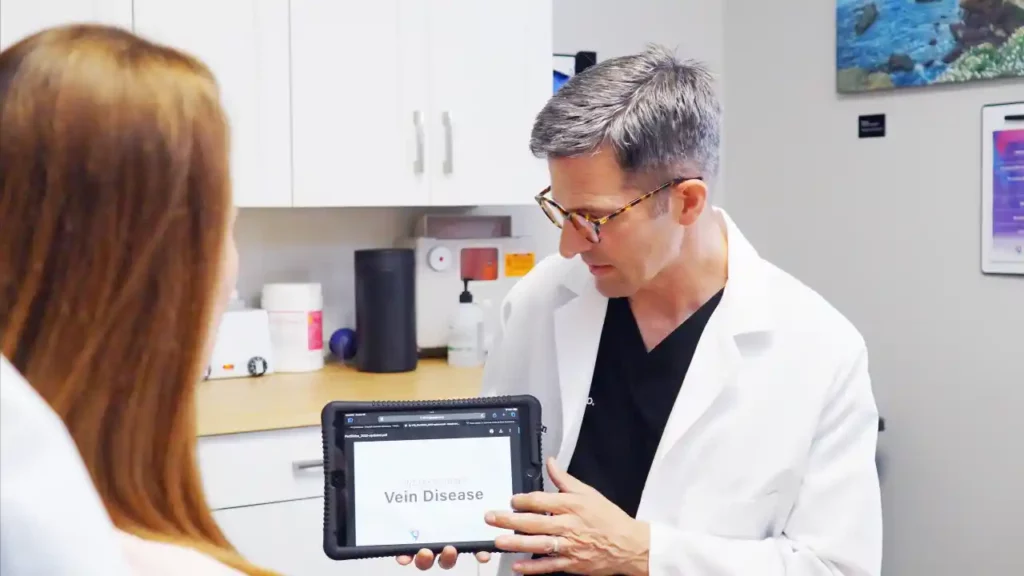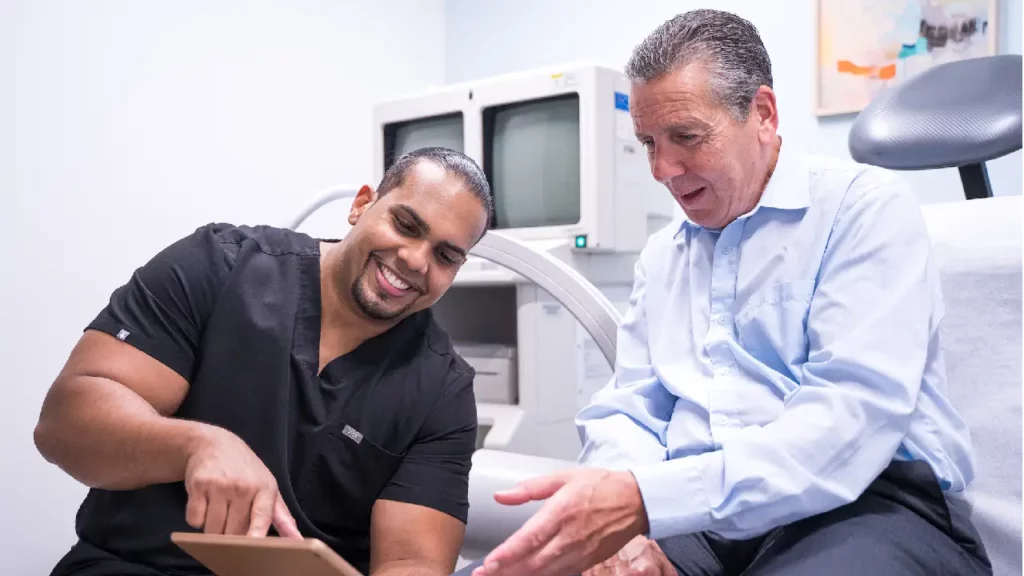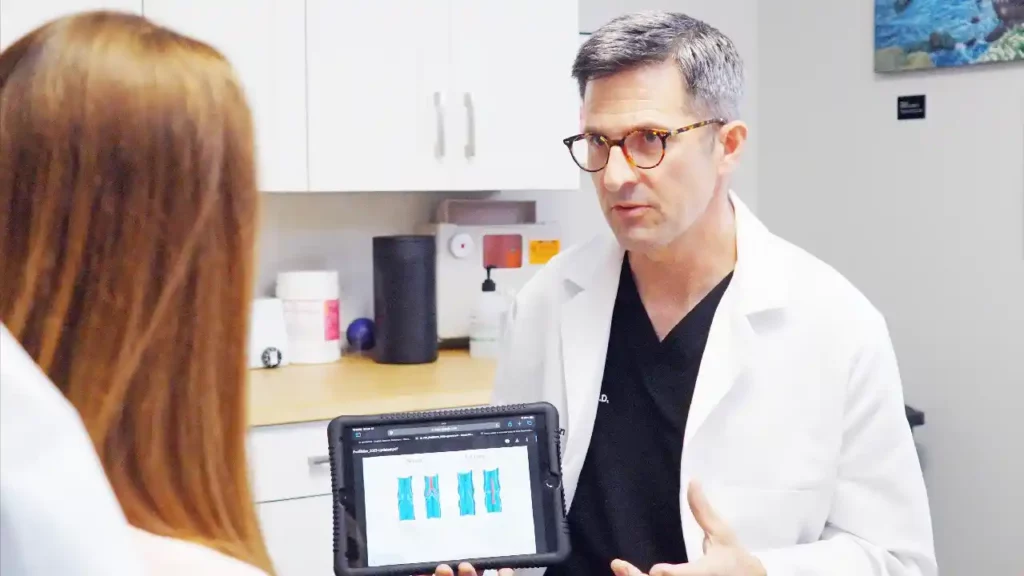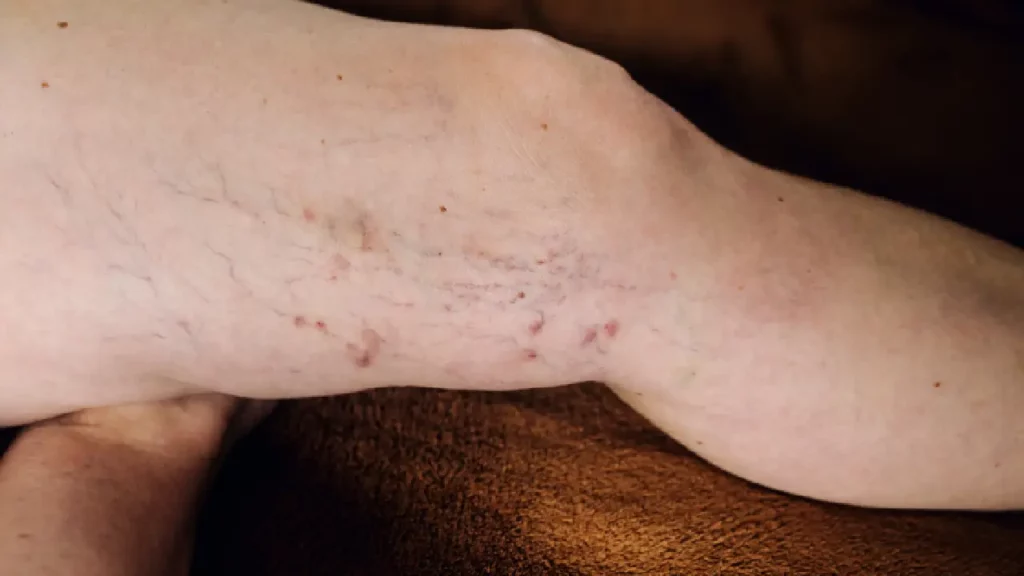What is comprehensive Vein Care?
Comprehensive vein care is more than just treating visible varicose veins. It’s a holistic approach to understanding and managing the health of your veins. Varicose veins are just the tip of the iceberg when it comes to vein issues. There are spider veins, chronic venous insufficiency, and deep-vein thrombosis, among others, each requiring a different kind of treatment. The first step to taking care of your veins is knowing when there’s a problem. Symptoms like heavy, achy legs, swelling, changes in skin color, or leg ulcers are all red flags.
Seeking help early can prevent complications. Treatments vary widely, from lifestyle changes and compression stockings to medical procedures like sclerotherapy, laser treatments, and surgeries. It’s crucial to get assessed by a vein specialist who can craft a care plan that’s right for you. Remember, every step you take towards understanding your vein health is a step towards better overall health.

Understanding Vein Issues: Causes and Symptoms
Vein issues start when blood doesn’t flow well through your veins back to your heart. This can happen because of weakened or damaged valves in the veins. Imagine this like a river where the water needs to flow in one direction, but if something blocks the water or if the riverbed is damaged, water backs up. This is similar to what happens in your veins. The main causes include standing or sitting for long times, being overweight, aging, and sometimes genetics plays a part too. If your family has a history of vein problems, you might be more at risk.
The symptoms are easy to spot once you know what you’re looking for. Your legs might feel heavy, tired, or achy. You might also see swelling in your feet and ankles by the end of the day. Varicose veins, which are large, raised, swollen blood vessels that twist and turn, can also appear. These usually show up on the legs and can be seen from the surface of the skin. Spider veins, similar but smaller and closer to the surface of the skin, can appear on both the legs and the face, looking like a spider web. Some might experience a burning or itching sensation around the affected veins. In more severe cases, changes in skin color, dry or thinned skin, and even open sores or ulcers can develop, indicating advanced vein issues.
Recognizing these symptoms early can help you get ahead of more serious problems and guide you toward seeking the right treatments to manage your vein health. Remember, vein issues are not just a cosmetic concern but can impact your overall health and quality of life if left untreated.
The Importance of Early Diagnosis in Vein Health
Catching vein issues early is key. Think of it this way: the sooner you spot a problem, the easier it is to fix. When it comes to your veins, this couldn’t be more true. Early diagnosis can stop minor issues from turning into big ones. It’s like noticing a small leak in a pipe and fixing it before your whole basement floods. If you catch vein problems early, treatments can be simpler and less invasive. This could mean less time at the doctor and more time doing what you love. Plus, early treatments can prevent complications like ulcers or blood clots that can happen if vein issues are ignored. So pay attention to your body. If you notice changes or symptoms like pain, swelling, or heavy legs, get checked out. It’s smart, not scary, to know what’s going on with your veins.
Overview of Non-Invasive Treatment Options
Non-invasive treatments have become a game-changer for those dealing with vein issues like varicose veins or spider veins. Unlike surgery, these treatments don’t require cuts or extensive recovery time. Here’s a quick look at what you might explore with your doctor. First up, we have compression stockings. They’re simple yet effective, improving blood flow and easing the vein’s workload. Another popular choice is sclerotherapy. This involves injecting a solution into the vein, causing it to collapse and fade. Sounds intense, but it’s pretty straightforward.
Then there’s laser therapy. Lasers are cool, right? They’re used to gently heat and destroy the problematic veins, all without touching the surrounding areas. And don’t forget about radiofrequency ablation. This uses energy to heat and close off bad veins. These options have a couple of things in common: they’re done quickly, recovery is swift, and you can usually go about your day after. So, talking to a vein specialist can help you figure out the best path forward without jumping straight into surgery. Remember, non-invasive doesn’t mean no care needed. Follow your doc’s advice closely for the best results.
Minimally invasive varicose vein treatments
When it comes to fixing vein problems, less can indeed be more. Minimally invasive procedures have changed the game. No long stays in the hospital, no big cuts. These procedures are all about getting you back on your feet fast, with as little pain as possible. Think of treatments like sclerotherapy, where doctors inject a solution that closes those troublesome veins. Or laser therapy, using beams of light to say goodbye to vein issues without a single cut. Then there’s radiofrequency ablation, a fancy way of using heat to seal veins shut. These techniques are quick, often done in less than an hour, and you’re walking out the door. Most times, you can carry on with your day right after. The beauty of these methods? They focus on fixing veins where you have the least amount of fuss and downtime. And while recovery is usually a breeze, follow your doctor’s advice closely for the best results.
Home remedies for better Vein Health
Improving your vein health doesn’t always start in a doctor’s office. Sometimes, it starts with you making better choices at home. If you’re looking to give your veins a boost, consider these straightforward lifestyle changes and home remedies. First, get moving. A simple walk every day improves circulation, fighting off vein issues. Second, watch your weight. Extra pounds put unnecessary pressure on your veins. Third, elevate your legs. Doing this for just 15 minutes, twice a day, can work wonders. Fourth, stay hydrated. Drinking plenty of water keeps your blood thin and flowing easily. Also, consider your diet. Foods high in salt can swell your veins, while foods rich in potassium, like bananas and avocados, help reduce water retention. And here’s a tip: Compression stockings can be a game-changer by improving blood flow and reducing pain and swelling. Remember, these steps are easy to start and can make a significant difference in how your veins feel and function.
What to Expect During and After Vein Treatment
When you walk into a clinic for vein treatment, know that it’s about fixing issues under your skin that you can’t see but definitely feel. The process is straightforward. First, your doctor will talk to you, understand your symptoms, and may use an ultrasound to get a better look at your veins.
During the treatment, which is often quick, you might feel a bit of discomfort, but it’s usually not too bad. Methods vary, from lasers that zap the veins away to injections that close them up. You’re wide awake, and it’s over before you know it.
After, you might have some bruising, swelling, or a bit of pain, but it’s nothing you can’t handle. The doctor will tell you to walk around to keep the blood flowing and might ask you to wear compression socks for a bit. This helps with swelling and healing.
You can usually hop back to your life the next day, though skipping heavy lifting or a marathon is wise for a little while. Full recovery and seeing the final results? Give it a few weeks to a few months. Remember, every person heals differently. So, if your doc gives specific advice, stick to it. You got this!
How to Choose the Right Vein Doctor
Choosing the right vein care specialist is crucial for effective treatment. Look for a doctor who’s board-certified in vascular medicine or surgery. This ensures they have the necessary training and experience. Next, consider the doctor’s experience specifically with vein treatments. More experience usually means better outcomes. Check reviews and ask for before-and-after photos of their patients. Last, consider the office location and how it fits into your lifestyle. A convenient location means fewer hassles with appointments. Remember, a good rapport with your doctor also matters. You want someone who listens and answers your questions clearly.
